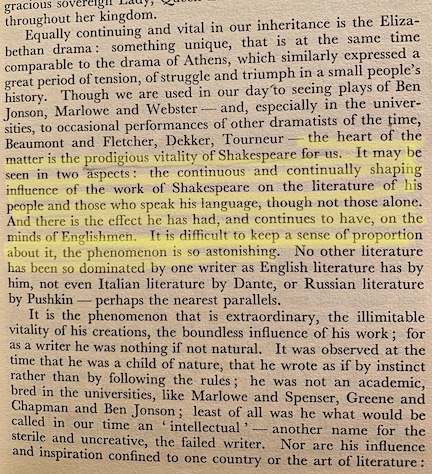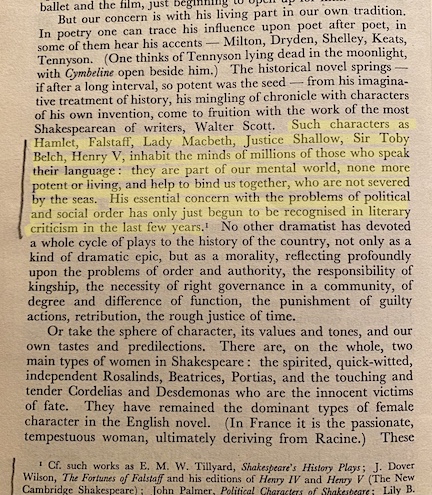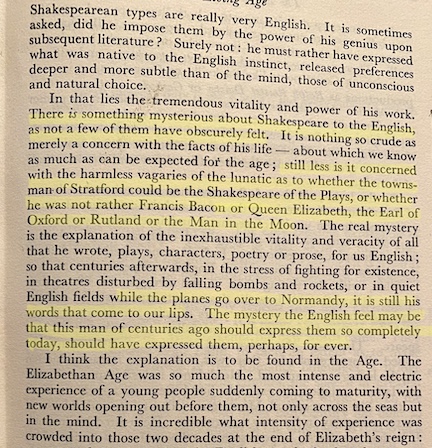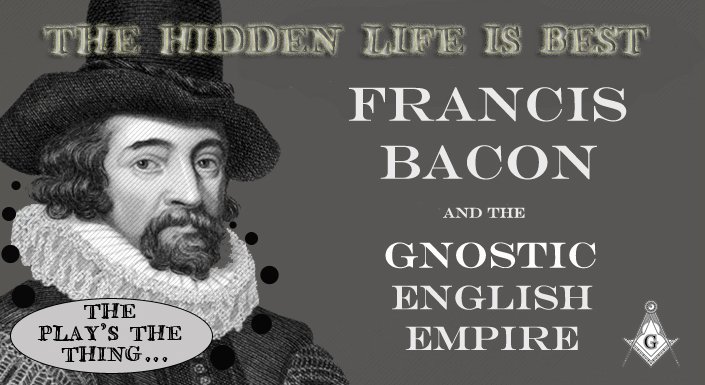Shakespeare’s History Plays as Propaganda
Shakespeare’s history plays have served as tools for political propaganda and have also reflected the attitudes of Englishmen at the time of any given production of these plays. What is especially interesting is how easily these plays can be adapted to fit the propaganda needs of any given era.
"Richard III", of course, has been a propaganda tool from the beginning in its expression of the Tudor obsession with vilifying the king from whom Henry VII, the first Tudor, seized the throne.
(NOTE: A brilliant feature film has recently been made on this subject called THE LOST KING. Link below. Highly recommended!)
For background on this amazing story visit: AN INCREDIBLE DISCOVERY https://kriii.com/ about-kriii/an-incredible-discovery/
No accusation was too bizarre for Shakespeare and his Tudor sources as long as it could promote the idea of Richard the Monster. I think the one that I like best is the allegation that he gestated for two years and was finally born with teeth and a full head of hair! While Henry V does not present such a blatant example of political bias, we should remember that Henry V and Henry VII were both members of the Lancastrian branch of the Plantagenets. It was both safe and politically expedient for Shakespeare to glamorize Henry V.
(FULL PDF BELOW- By Kathryn Janes as edited by RF)
Shakespeare as Propaganda PDF
Movie: The Lost King
Establishing Shakespeare's history plays as propaganda, and this contention now widely accepted and is a part of mainstream Shakespeare scholarship, makes it easy to understand that the entire Shakespeare "project" as I call it, the hoax of authorship as well as the meaning, intent and effect of the plays on audiences then and now, is also as a form of propaganda called social conditioning. This conditioning created modern England and the British Empire. This was precisely and intentionally the object the Shakespeare project as managed by Francis Bacon.
In 1623, Bacon published De Augmentis Scientiarum in Latin, and in Book II, Chapter XIII, he addresses “the second principal branch of Learning, namely, Poesy.”
For Bacon, a play presented on the stage should be no idle entertainment, but should be exploited as an educational tool:
"And though in modern states play-acting is esteemed but as a toy, except when it is
too satirical and biting; yet among ancients it was used as a means of educating men’s
minds to virtue. Nay, it has been regarded by learned men and great philosophers as a
kind of musician’s bow by which men’s minds be played upon. And certainly it is
most true, and one of the great secrets of nature, that the minds of men are more open
to impressions and affections when many are gathered together than when they are alone"



The above are from acclaimed historian A. L. Rowse's "The England of Elizabeth: the Structure of Society"







